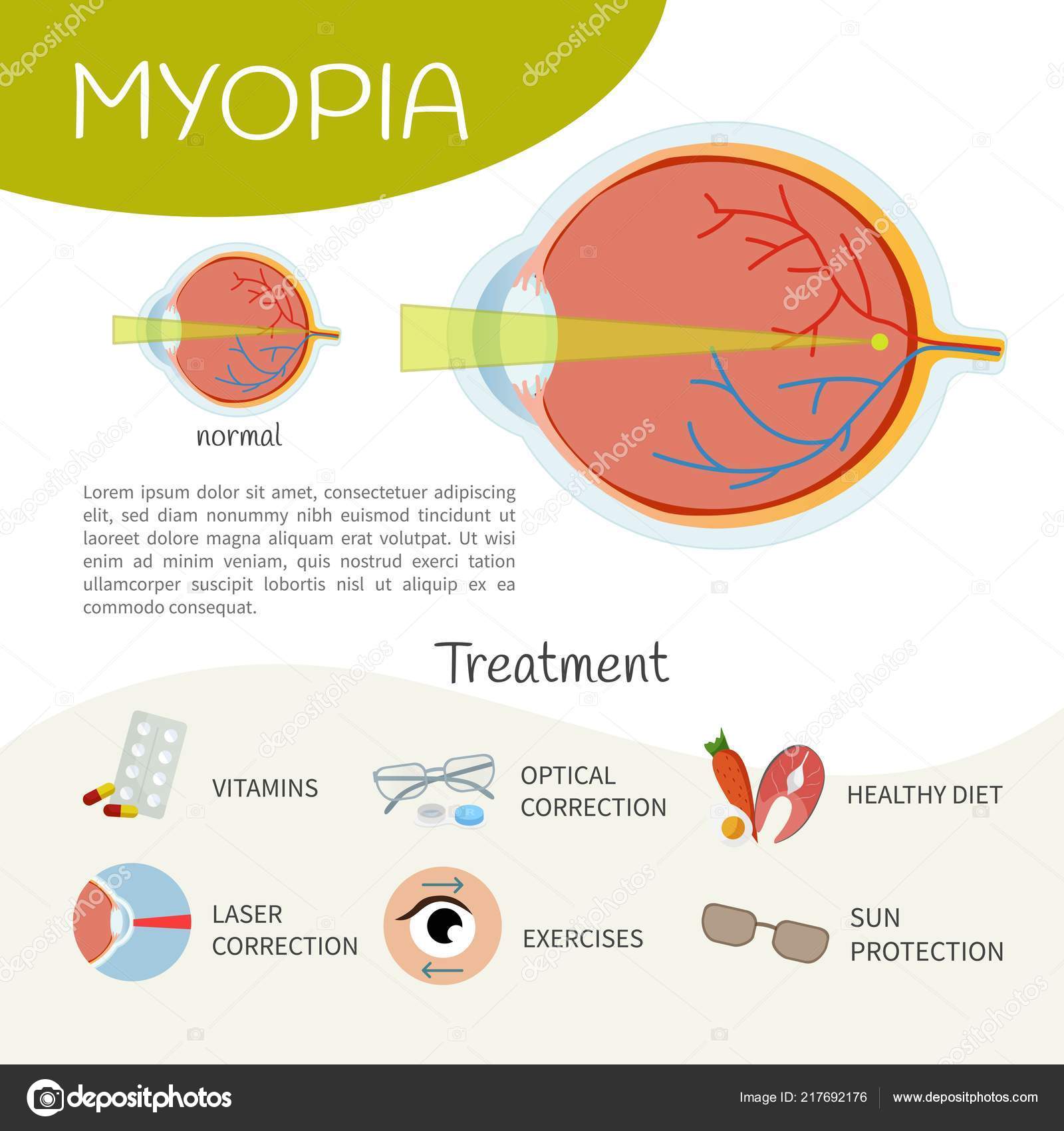Not Sure Concerning SMILE Surgery? Explore Essential Elements And Insights That Will Guide You In Making An Educated Selection Regarding Your Vision's Future

Write-Up By-Bridges Reece
If you're pondering SMILE eye surgery, contemplate this: are you prepared to accept prospective visual liberty, or does the thought of any threats make you think twice? Your decision will depend upon a careful equilibrium of considering the benefits against the uncertainties. It's essential to delve much deeper right into the nuances of SMILE surgery to make an educated choice that aligns with your visual objectives.
Comprehending SMILE Eye Surgical Procedure
When taking into consideration SMILE Eye Surgical treatment, it is very important to comprehend the treatment and its benefits. SMILE, which means Little Incision Lenticule Removal, is a minimally invasive laser eye surgical treatment that remedies common vision problems like myopia (nearsightedness).
During the treatment, your eye specialist will certainly make use of a femtosecond laser to produce a little incision in your cornea. Through this laceration, a small disc of tissue called a lenticule is eliminated, improving the cornea and correcting your vision.
Among the essential benefits of SMILE Eye Surgical procedure is its quick healing time. Numerous individuals experience enhanced vision within a day or more after the procedure, with marginal discomfort.
Additionally, SMILE is known for its high success rate in supplying long-lasting vision improvement. Unlike LASIK, SMILE doesn't need the production of a flap in the cornea, lowering the threat of difficulties and permitting a more stable corneal structure post-surgery.
Comprehending the procedure and its advantages is vital when thinking about SMILE Eye Surgical procedure for vision correction.
Pros and Cons of SMILE
Taking Into Consideration SMILE Eye Surgery for vision modification comes with numerous benefits and prospective drawbacks.
One of the primary pros of SMILE is its minimally intrusive nature, as it entails a little laceration and normally results in quick recovery times. The treatment is also known for causing very little discomfort and completely dry eye signs and symptoms post-surgery contrasted to various other vision adjustment techniques. Additionally, SMILE has actually been revealed to offer excellent aesthetic outcomes, with lots of clients accomplishing 20/20 vision or better.
On the other hand, a prospective con of SMILE is that it might not appropriate for people with extreme refractive mistakes, as the treatment range is rather limited contrasted to LASIK. Uveitis is that the knowing curve for doctors carrying out SMILE can influence the availability of seasoned carriers in specific areas.
It is necessary to consider these pros and cons thoroughly when deciding if SMILE is the best choice for your vision modification demands.
Identifying Eligibility for SMILE
To identify if you're qualified for SMILE eye surgical procedure, your eye doctor will certainly perform an extensive evaluation of your eye wellness and vision requirements. During this assessment, variables such as the security of your vision prescription, the density of your cornea, and the total health of your eyes will be examined.
Usually, Lasik Surgery St. Louis for SMILE are over 22 years old, have a secure vision prescription for at least a year, and have healthy corneas without problems like keratoconus.
Your ophthalmologist will certainly also consider your overall eye wellness, any existing eye problems, and your lifestyle requires to figure out if SMILE is the best option for you. It's essential to connect any type of particular aesthetic needs or concerns you might have throughout this assessment to make sure that the therapy aligns with your expectations.
If you aren't qualified for SMILE, your ophthalmologist might advise different vision improvement choices that much better match your specific needs and eye health and wellness standing.
Conclusion
Inevitably, choosing whether SMILE eye surgical treatment is right for you needs careful consideration of your specific eye wellness and aesthetic requirements. Seek advice from your eye doctor to establish your qualification for the procedure and weigh the possible benefits and disadvantages. Bear in mind to connect any type of worries or questions you may have throughout the assessment process to make an educated choice regarding your vision modification choices.

